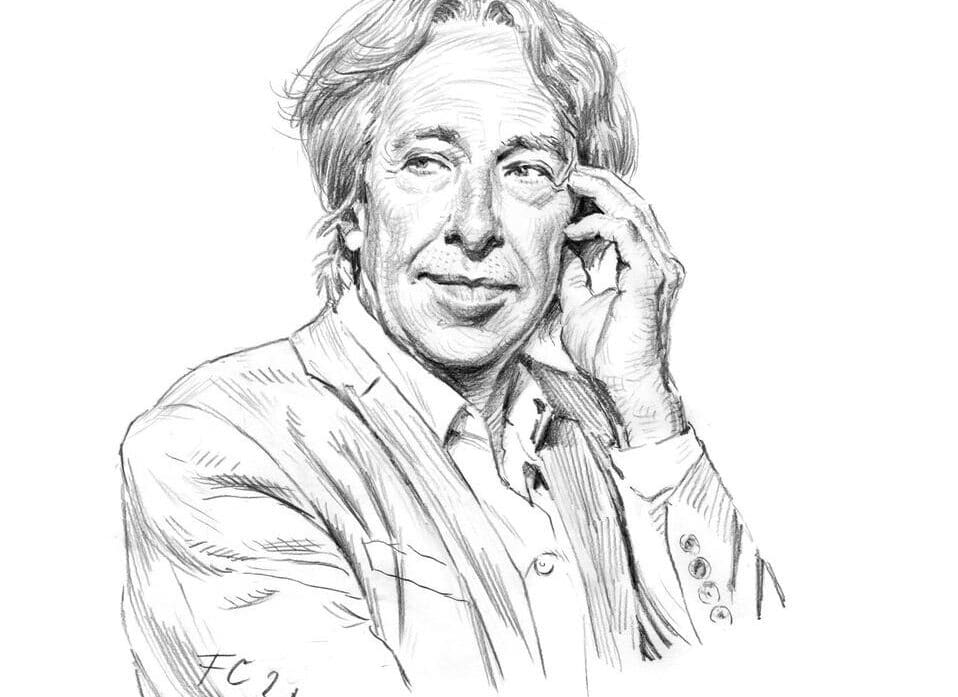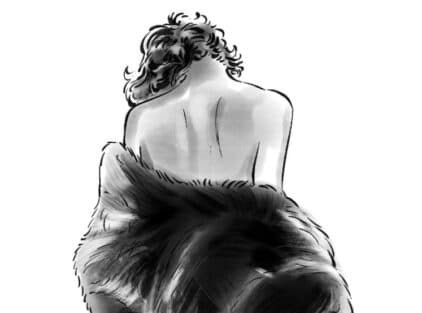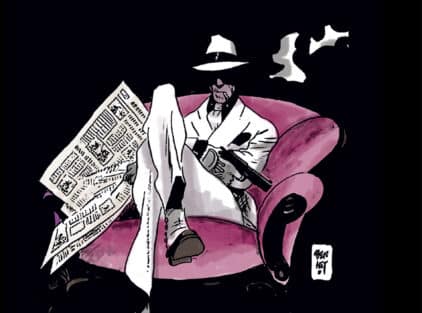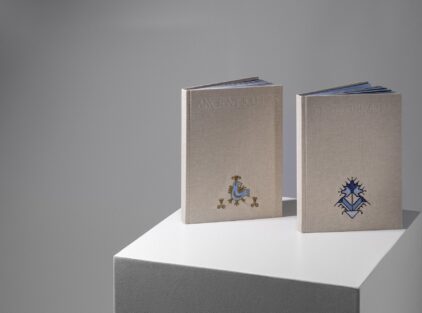by Giorgos Archimandritis
French philosopher and writer, Pascal Bruckner, known among others for his famous novel “Bitter Moon”, adapted for the big screen by Roman Polanski, as well as essays, such as “Le Nouveau Désordre amoureux”, “The Paradox of Love”, “The Tyranny of Guilt”, “Un an et un jour” or “Un coupable presque parfait”, talks to us about love.
Pascal Bruckner, what is love?
Love is an enigma, pleasure and suffering at the same time. It is a passion that encompasses the entire range of human emotions. The great difficulty for each of us is not only to find it, but also to allow it to flourish and not sink into despair. It is also to realize it, to live through it & experience it as a couple. Not only to meet the one we will love, but also to allow this relationship to last beyond the short period of acquaintance, the incandescence of hearts and bodies, this period when the one we love is in itself a satisfying universe for all our expectations.
What is the element that differentiates modern love – compared to older times?
It is the element of freedom. Nowadays, marriages are not made by consanguinity, the partners decide for themselves whether to live together or not, the taboo of virginity no longer exists, at least in Western Europe, so love is the absolute ruler. This is an amazing thing, but also a fresh problem. Because we can no longer attribute the failure of a relationship to society, the Church, the bourgeois mentality or the capitalist system. We, ourselves, are solely responsible for whether love will last over time or if it will fade away very quickly. The contemporary couple knows that it is mortal and that it must, by all means, prevent its own decay, because of all its older characteristics, the modern couple has retained only the right to happiness. And loving and being loved daily in the light of happiness is perhaps the most difficult thing there is.
Why did our ancestors, as you say, banish passion and desire from the couple?
But they did it more out of modesty than prudence. For them, passion was by nature ephemeral, just like desire. Until the abolition of the monarchy in France in 1792, it was even considered ridiculous to love or your wife or husband. Marriage was not about love and sex. That is why aristocrats also fell in love outside of marriage. In fact, the sexual relations of the spouses were coded. There are countless texts of both Church Fathers and authors, such as Montaigne, which explain that there should not be the slightest pleasure between spouses. The sole purpose of the sexual act between them was to reproduce. In contrast to that, in other periods of time, the Catholic Church believed that women should feel pleasure in order to be more fertile. Sometimes, therefore, the Church forbade pleasure and sometimes it encouraged it.
Today, marriage out of love is the norm…
Of course. But since pleasure and passion are the elements that keep a couple together, since the couple’s only support is love, when it leaves, it leaves with it and the reason for whom we live with the other, as the institution of marriage is no longer anything more than a formality. This also explains the very high number of divorces. In Paris a couple splits in half, and in Western countries the percentage of divorce rates are from 45 to 60 percent. The same goes for the United States, even in areas where Protestantism is very strong. The big challenge, then, of marriage for love is duration.
It’s how the lovers will prove themselves worthy of their vows as time works against them. Why;
Because, on the one hand, living together offers you mental, moral, physical and romantic comfort, but from the moment it is established, we realize that the comfort we were looking for kills love. This is a fairly common dialectic. The triumph of love, the recognition of the reciprocity of feelings by the two lovers or spouses, can suddenly lean towards the loss of love, when it is no longer fueled by anticipation, anxiety, concern to please the other. We haven’t gotten over, and probably never will get over, the drama of love. The comfort with which we approach him today is only superficial. The dark side of love will continue to accompany us. And maybe if there was no such dark side, there would be no love passion. This is the greatness of love, but also the danger. To love is to put yourself at risk, offering yourself to the other, who can save you or destroy you. That is why separation is never neutral or painless. When the one you love leaves you, you feel completely devastated, as you suddenly lose everything the ones you’ve been living for until now. Love has a tragic dimension. It’s not something simple.
Within this framework, what can make a relationship last?
Perhaps re-evaluating some of the things we hold responsible for ruining love. Perhaps, contrary to what is believed, everyday life and habits are the means to solidify the life of the couple and to create a solid base, on which the couple can experience moments of rebirth or, conversely, collapse. Perhaps we should resist the romantic mythology of the couple and be able to see it through their everyday life. Because habit is not necessarily the enemy of love. Quite the opposite.
Portrait illustration by Fabien Clairefond













